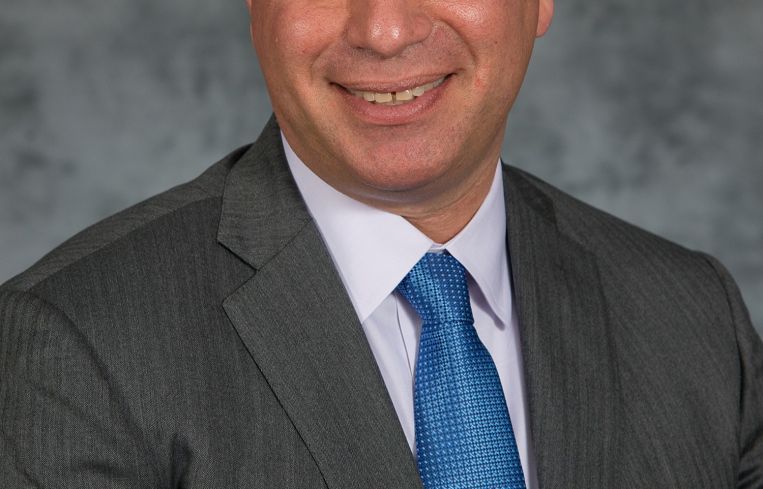ACRES Capital’s Mark Fogel Talks Short-Term Lending
By Danielle Balbi and Cathy Cunningham May 13, 2016 5:30 pm
reprints
Mark Fogel started his career as an accountant before founding ACRES Capital, a New York-based private investment firm, in 2012. The company was built to manage risky assets, and today is focused on offering bridge and mezzanine loans, “bridging” the gap left by the slowdown in the commercial mortgage-backed securities and construction lending markets. Mr. Fogel, president and chief executive officer at ACRES, told Commercial Observer about his career trajectory, and the market trends that are sending borrowers his way.
Commercial Observer: Where did you grow up?
Mr. Fogel: I grew up in Bellmore, a town located in Nassau County, on the south shore of Long Island, N.Y.
What made you interested in the real estate business?
When I started my career I was an accountant and had many clients that owned and operated multifamily buildings. I always wondered what made these properties successful. I eventually went back to school. I studied at New York University and finished with a master’s in real estate. From there I worked in all different parts of the industry in order to become well rounded and capable of dealing with a variety of commercial real estate roles.
What exactly does your role entail?
As founder, president and chief executive officer of ACRES Capital, I am involved in everything pertaining to the firm. When the company was first launched I was involved more with the everyday activities, overseeing everything. Now that the company has been around for four years, I have transitioned toward directing our senior executives who deal with the day-to-day operations, which allows me to focus on bigger picture issues such as capital raising, portfolio management and sales.
How is your team structured?
The ACRES team is structured as a flat organization. Our major [offerings] are loan production, screening, underwriting, asset management and servicing. All of our major disciplines actively work together in order to more effectively understand the deals and manage them properly. Each deal is unique and requires its own personalized touch.
What is your sweet spot in terms of deal size?
ACRES’ sweet spot is the $3 million to $40 million range, with an average size of $18 million, nationwide in all different commercial real estate asset classes.
Why does the firm choose to focus on bridge loans and mezzanine financing?
ACRES chooses to focus on bridge and mezzanine financing for transitional assets nationwide because we have team players with diverse backgrounds. The company was built to manage risky and high-touch assets. We find [that] these situations are more compelling to underwrite and manage. Our asset management team is highly qualified to manage these types of assets, and we can provide a powerful resource for capital partners that wish to invest in these asset classes.
What are some of the more exciting deals you’ve worked on as of late?
Perhaps the most exciting deal we have done to date is a loan that was made on a vacant hotel in Ft. Myers, Fla., which is being converted into senior rental housing. For this project we provided both an acquisition and construction loan to a strong, local sponsor who wanted to modernize the skyline of Ft. Myers. The transaction was complex as it involved EB-5 funding, construction obstacles and intense community focus. Other exciting deals we’ve worked on include adaptive reuse of obsolete buildings with conversions to much-needed supply of residential housing, hotel, industrial and office space nationwide.
What are some of the trends you’re seeing when it comes to bridge and mezz financing?
One trend we are seeing is the slowdown in the CMBS market. The [deceleration] means people are looking for alternative debt capital solutions. We are being asked to finance more cash-flowing type deals that would typically be refinanced by CMBS loans. We are also seeing a significant number of predevelopment and construction opportunities due to the pullback of small banks as a result of a tougher regulatory environment.
Given the pause in the construction lending market, are you having borrowers come to you in need of bridge loans to do upgrades or renovations to properties, etc.?
Yes, we are having borrowers come to us more so than ever. Construction lenders requests are not only a matter of changing capital markets but a result of our asset management team and its ability to work with borrowers to understand the project. Most borrowers prefer to do business with lenders that provide flexibility and capability to manage and service construction loans.



